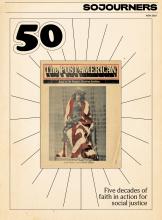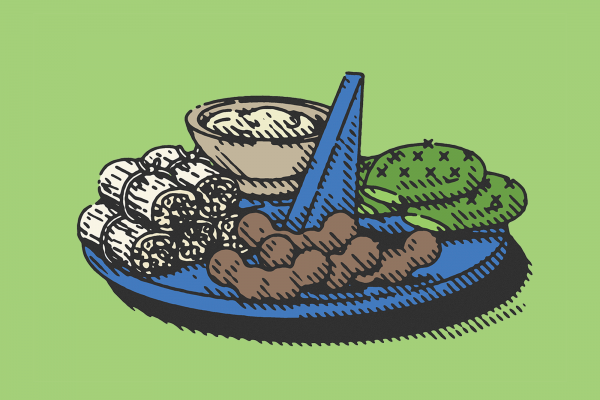“HAY MÁS TIEMPO que vida” was my dad’s refrain every time I was stressed and weary. “There is more time than life.” His simple words had profound implications.
Being present to life is difficult. Life demands that we “rise and grind.” Reward comes to those who make the most of the time they’ve been given. Time is money. Time is a commodity we trade. The promise of life is the goal of all this grinding—or retirement, if we are privileged.
During the pandemic, I’ve pushed against beliefs that commodify time. I’ve cooked the foods that nourished my ancestors: tamales verdes, atole de tamarindo, and nopalitos. My senses have been awakened through mixing the nixtamalized corn flour with water and fat until it reached the right texture, peeling and deseeding each tamarind pod, cutting the nopal (cactus) and cooking it with a few tomatillo husks to remove the slime.
The preparation of these foods forces me to notice the rough spots on the cacti where thorns still make their home, to smell the acid scent of tamarind in the pulp clinging to my fingers; it invites me to play with the unruly dough that believes its place is on top of the corn husk and not inside. If death shows up in separation, life sprouts in connection.
Read the Full Article

